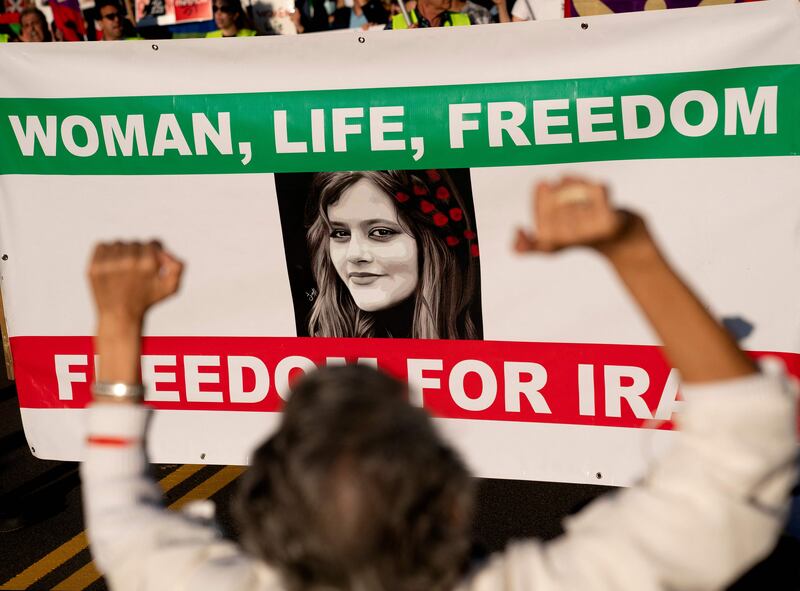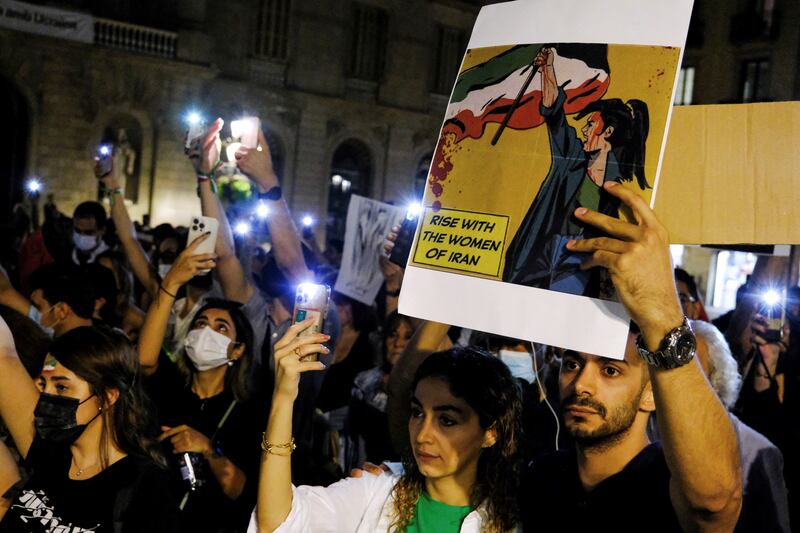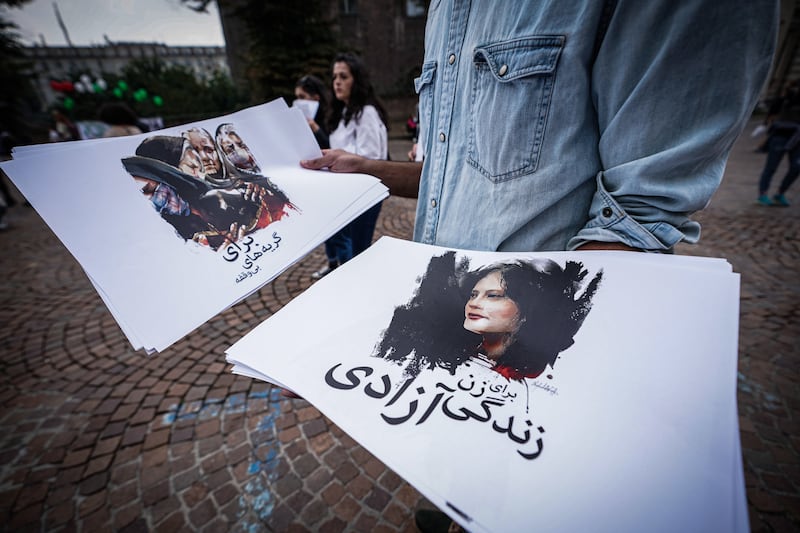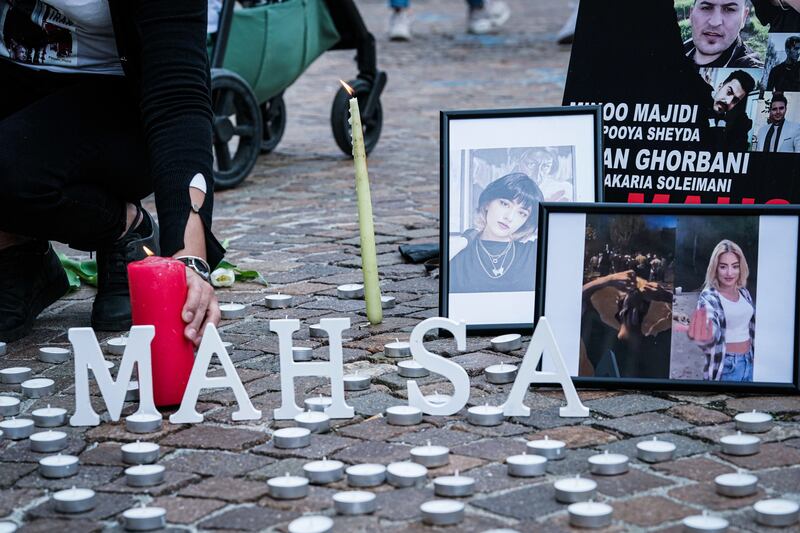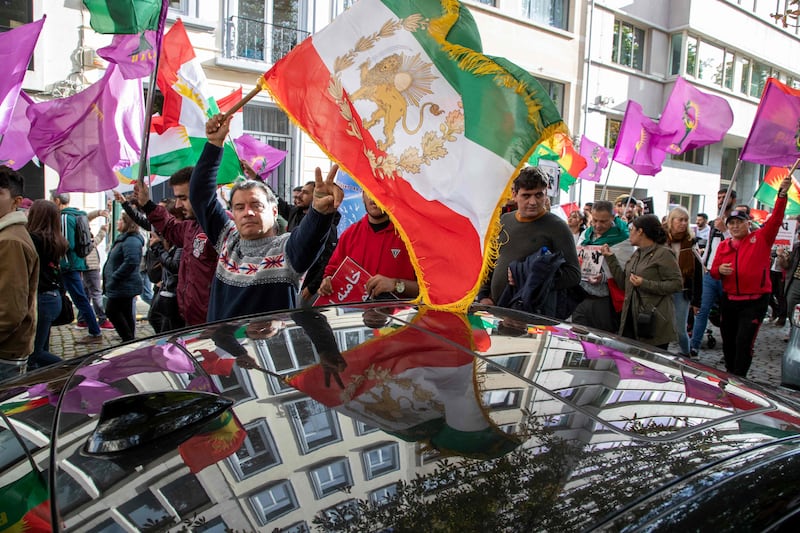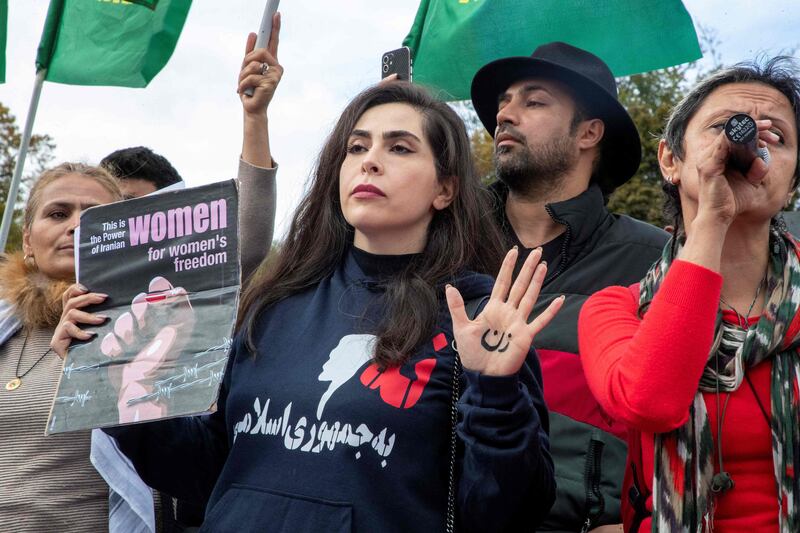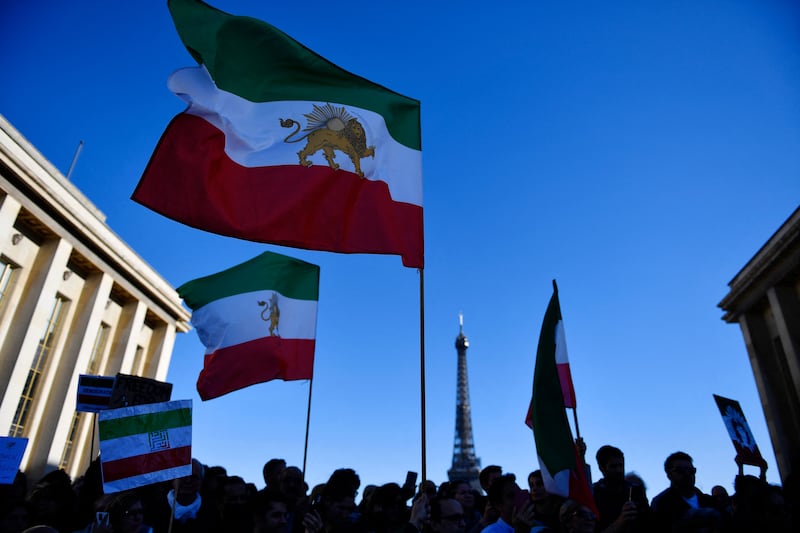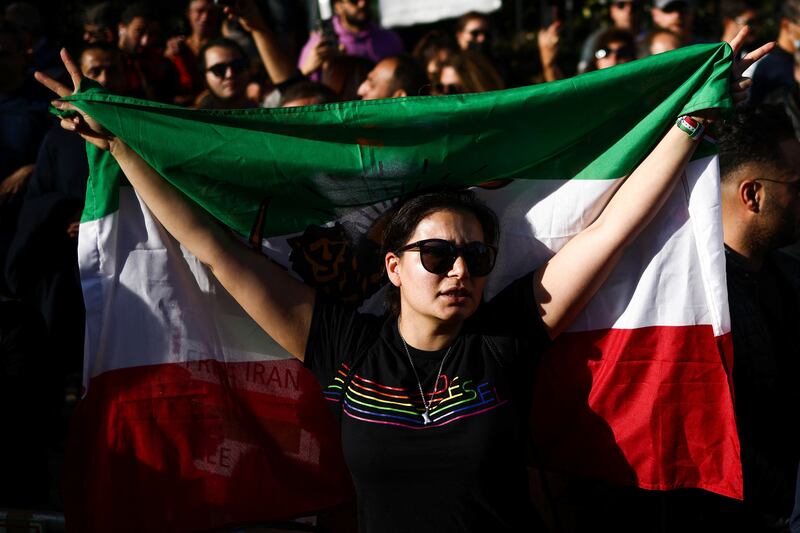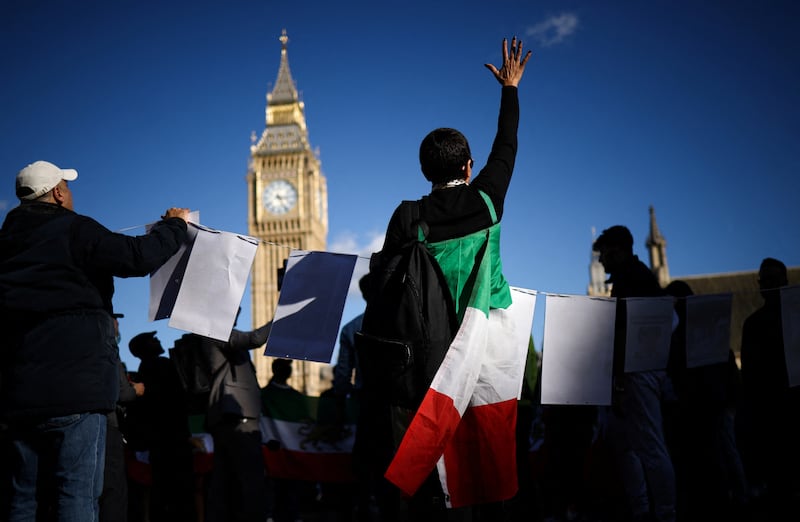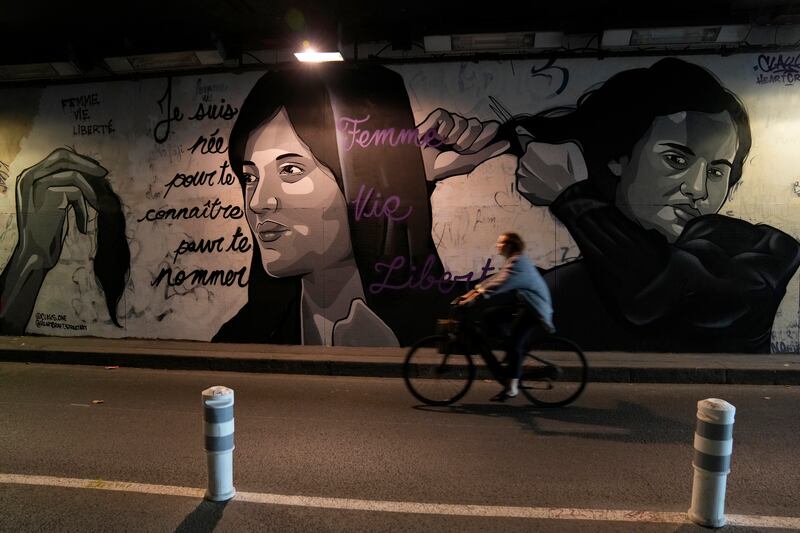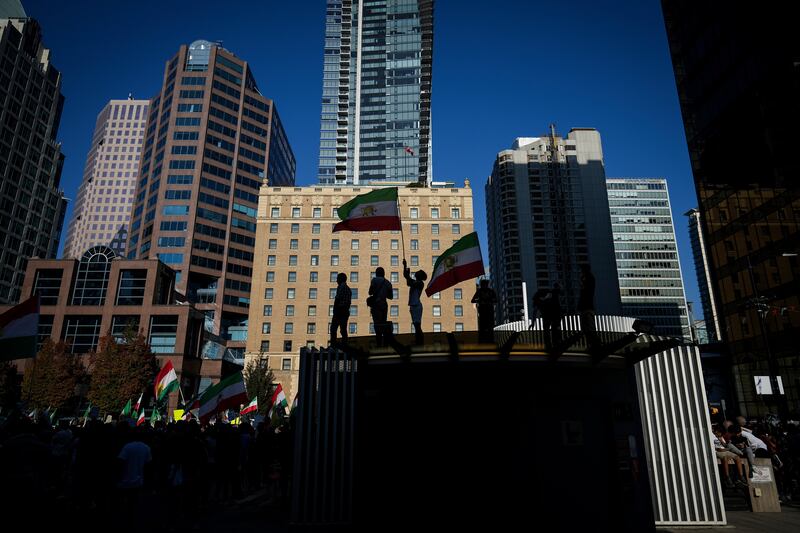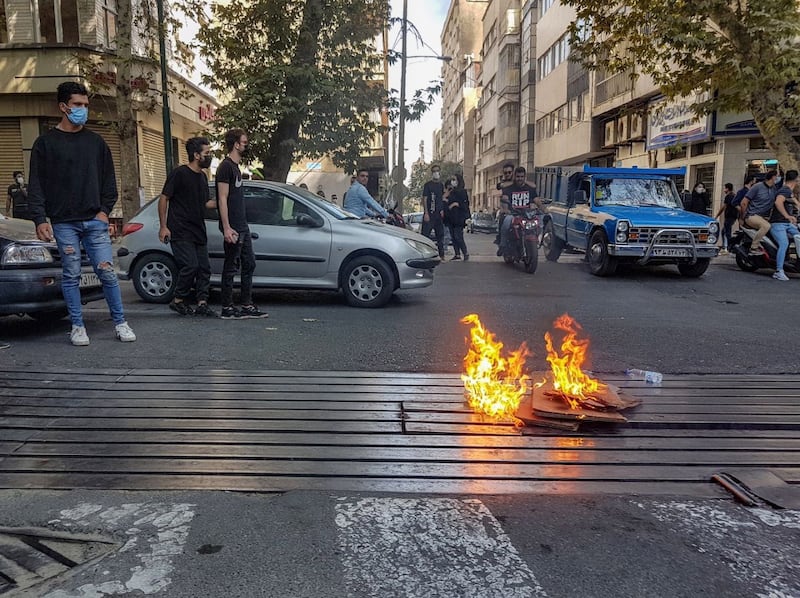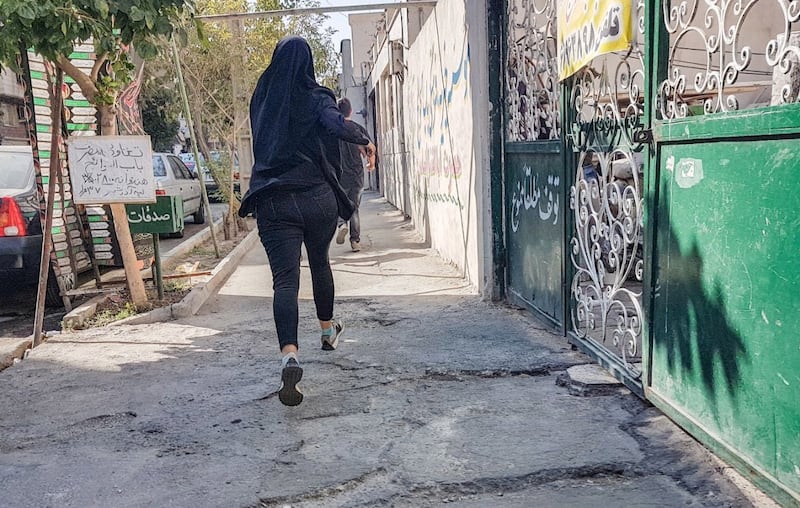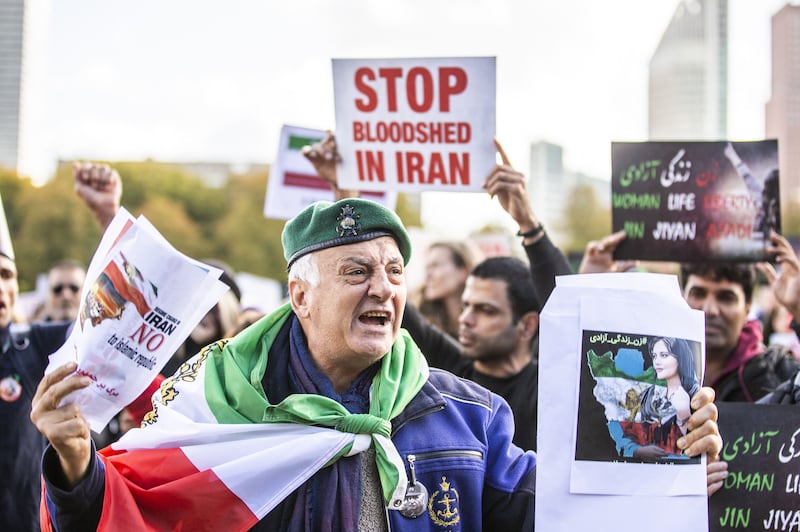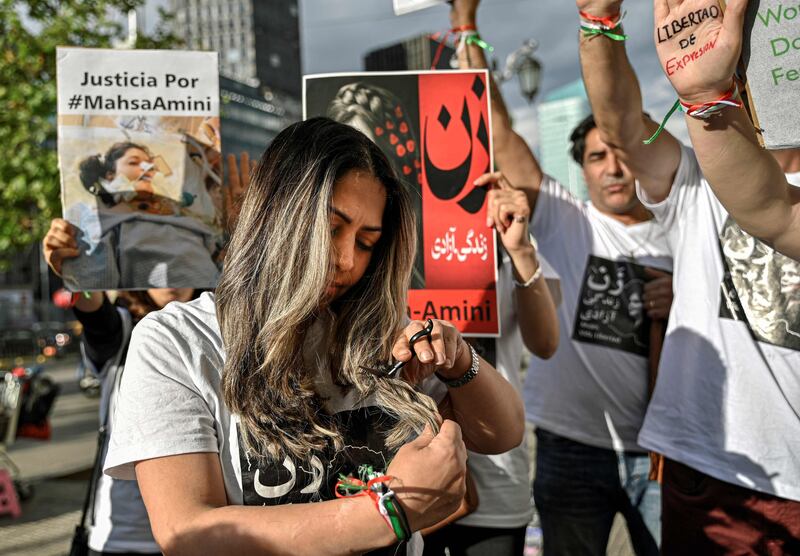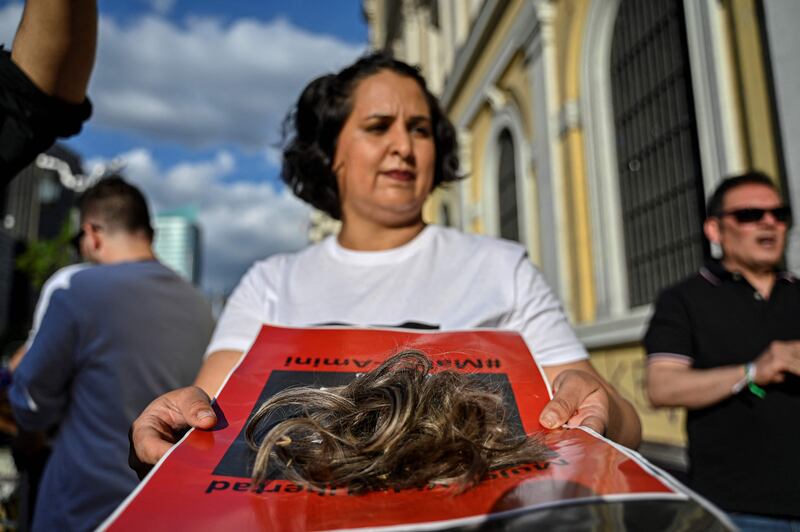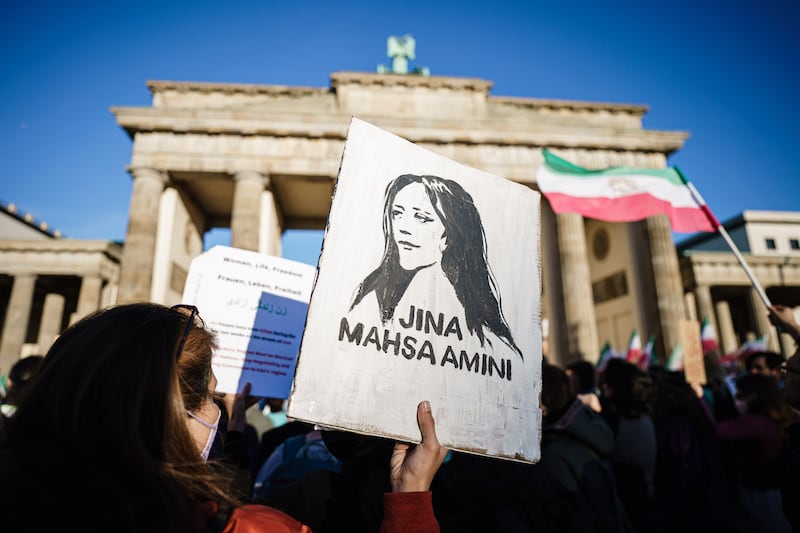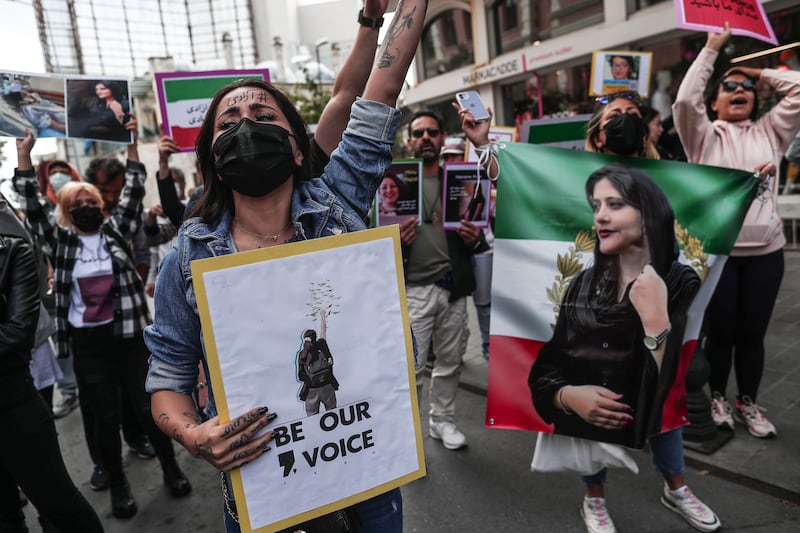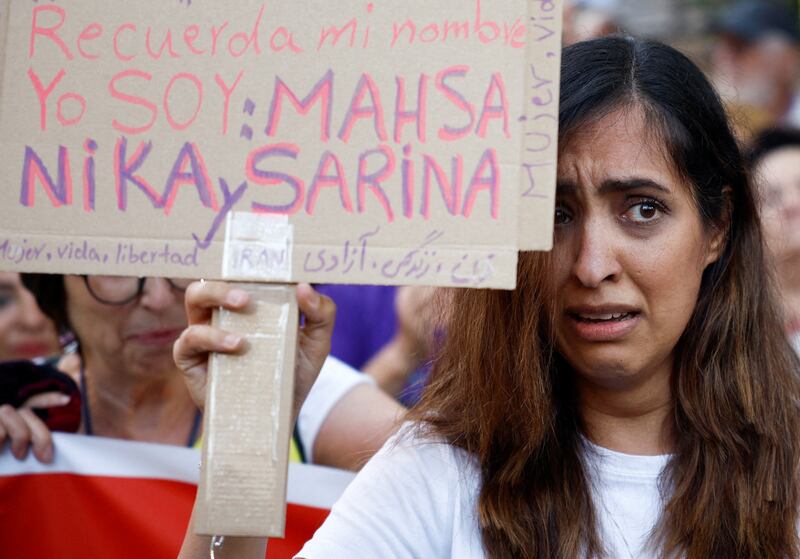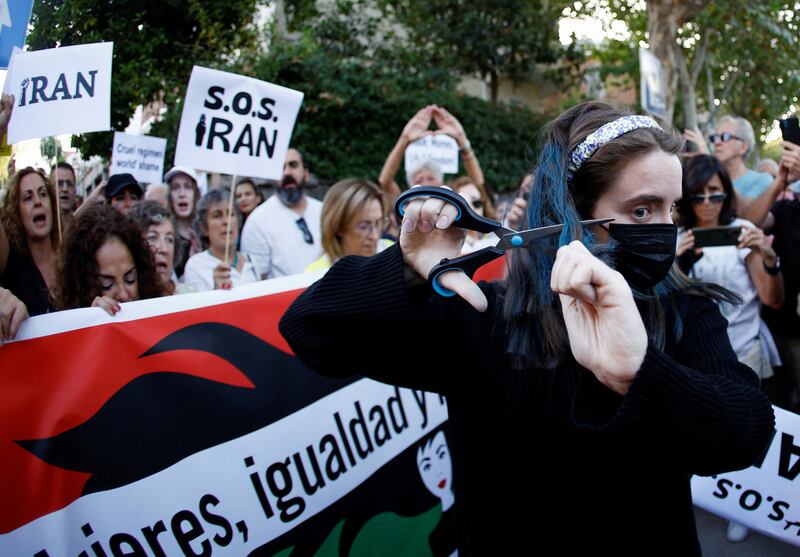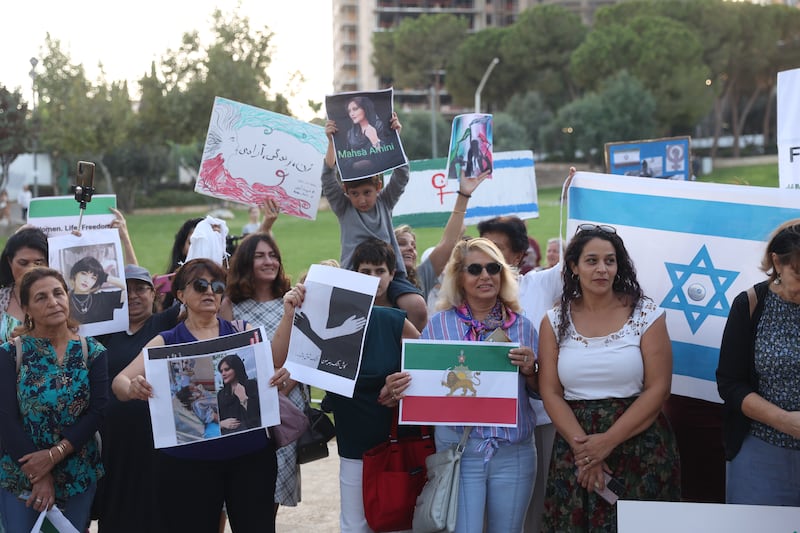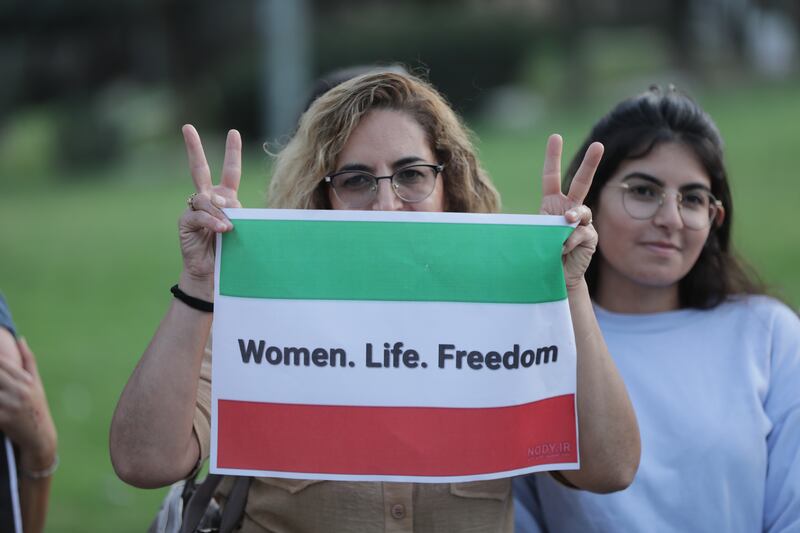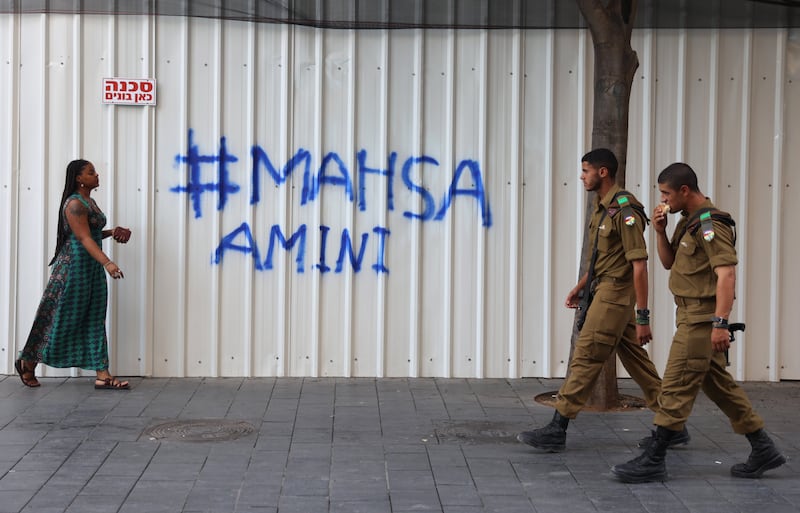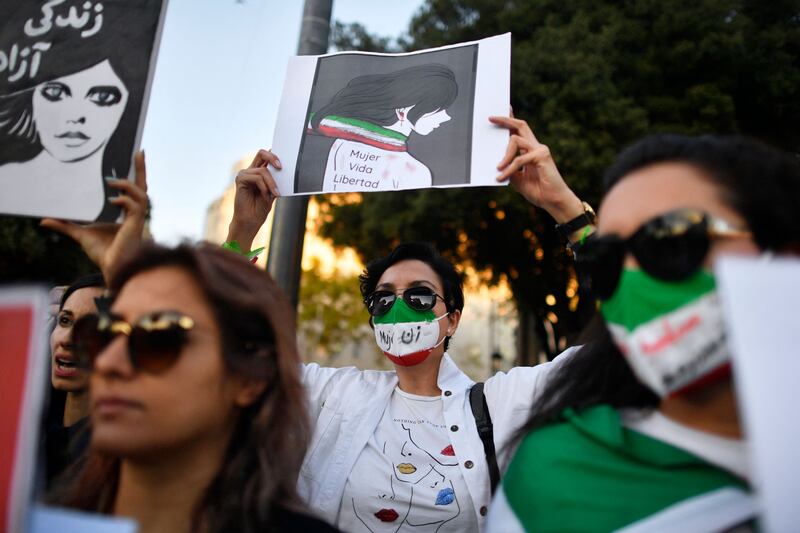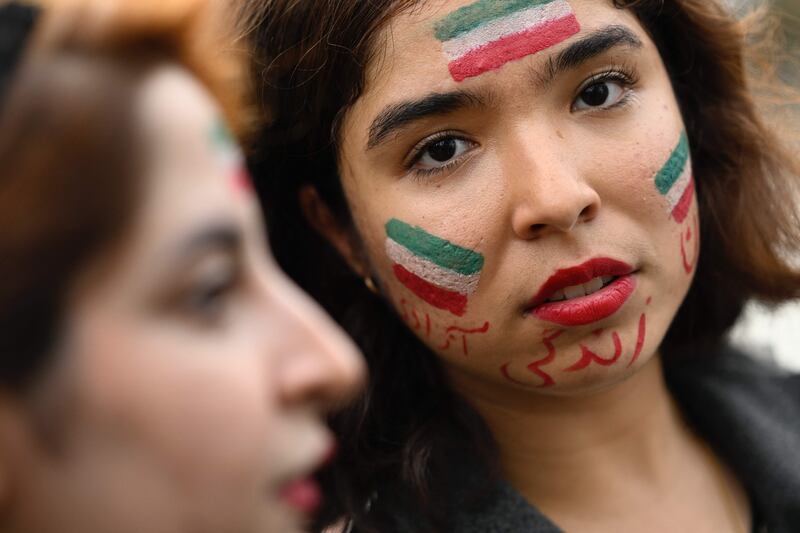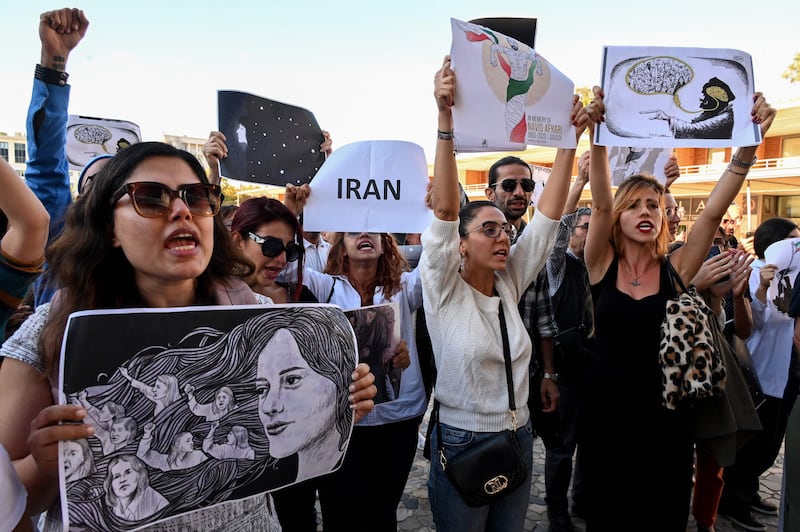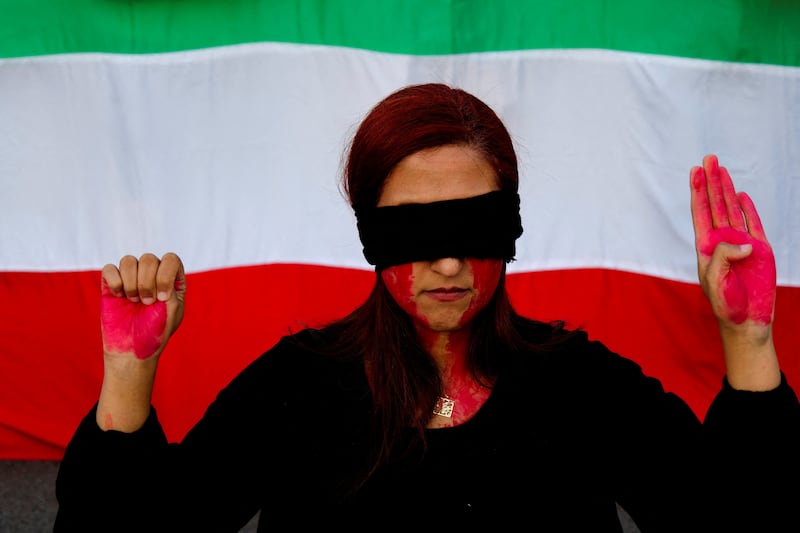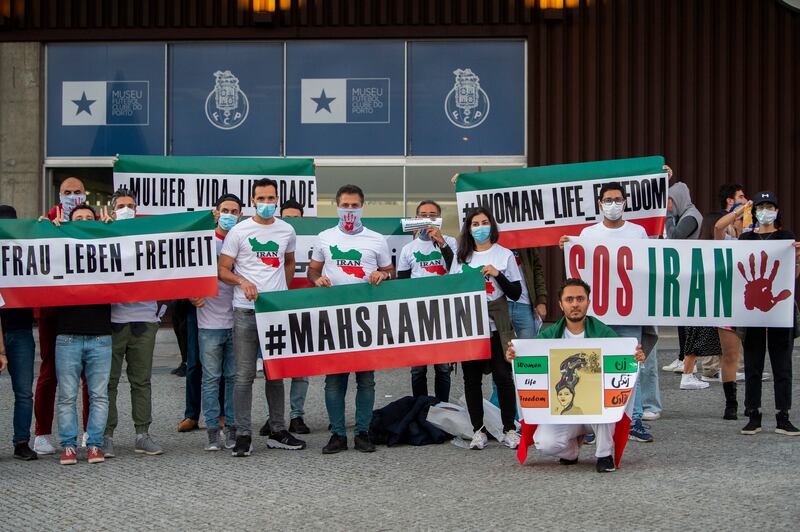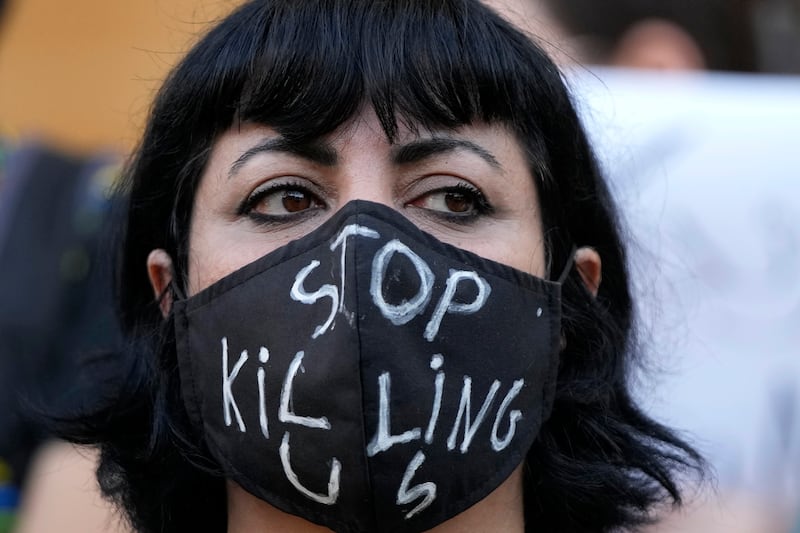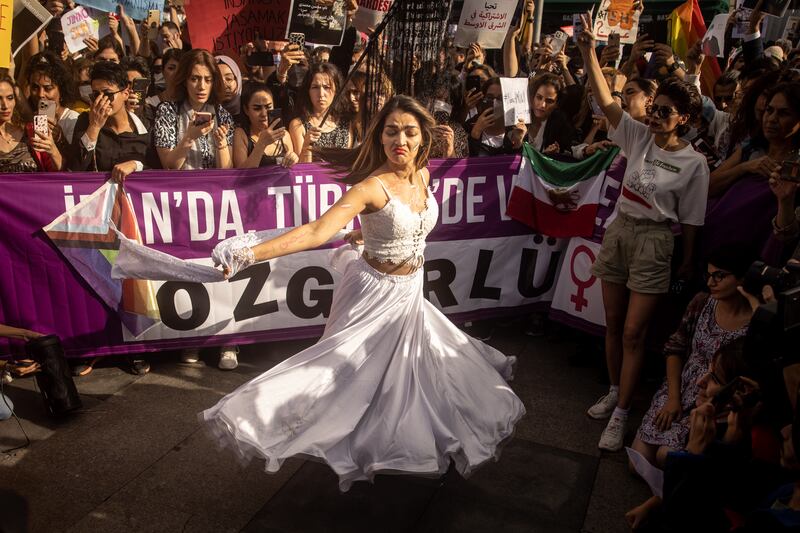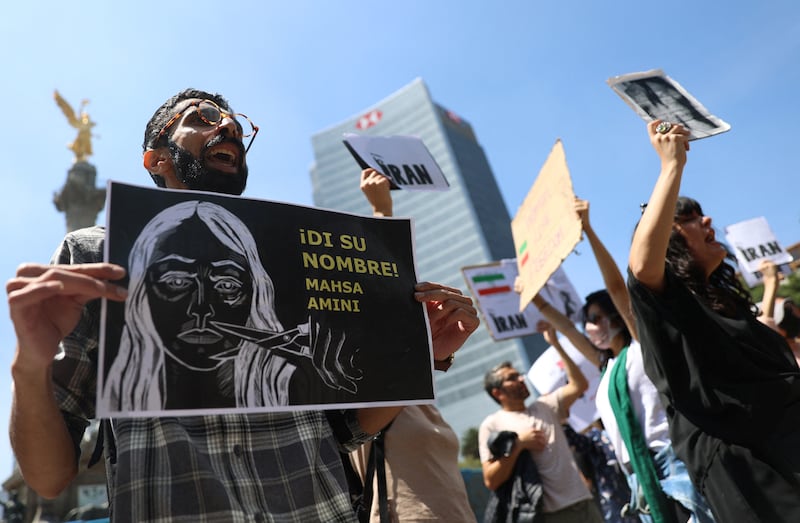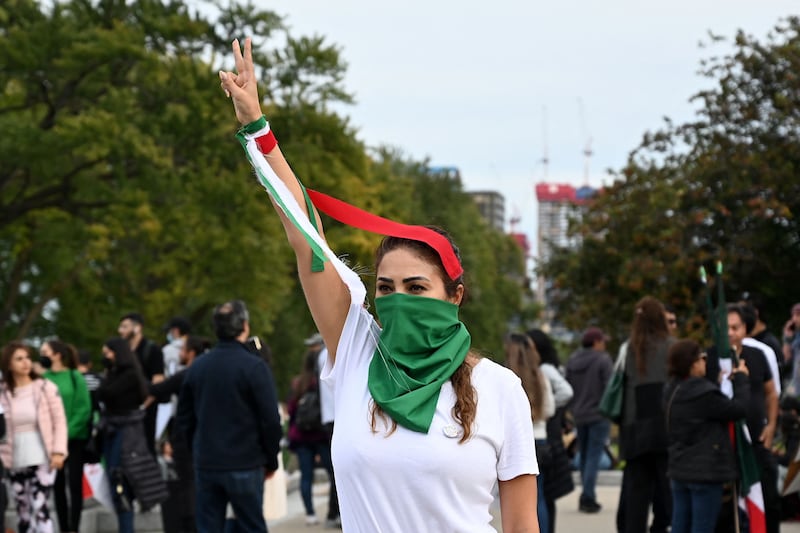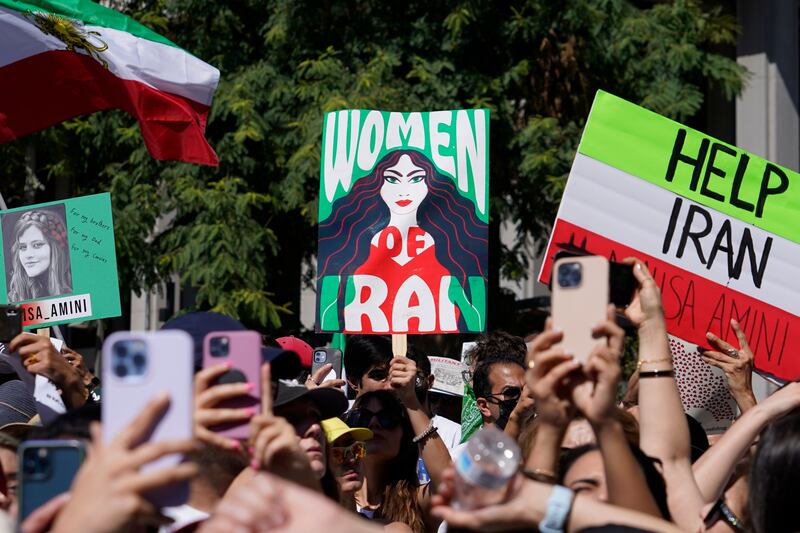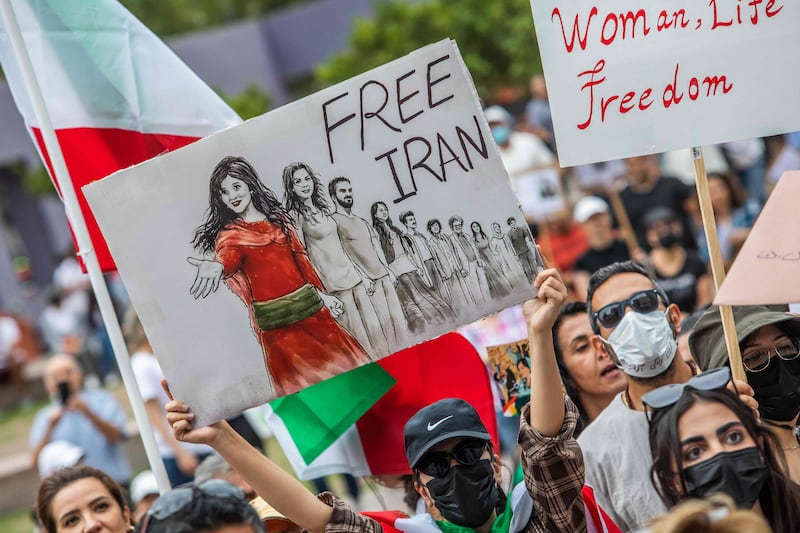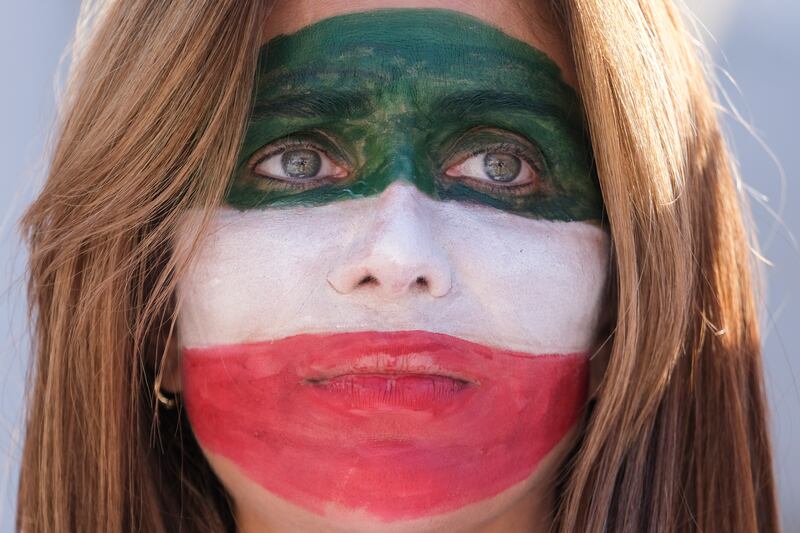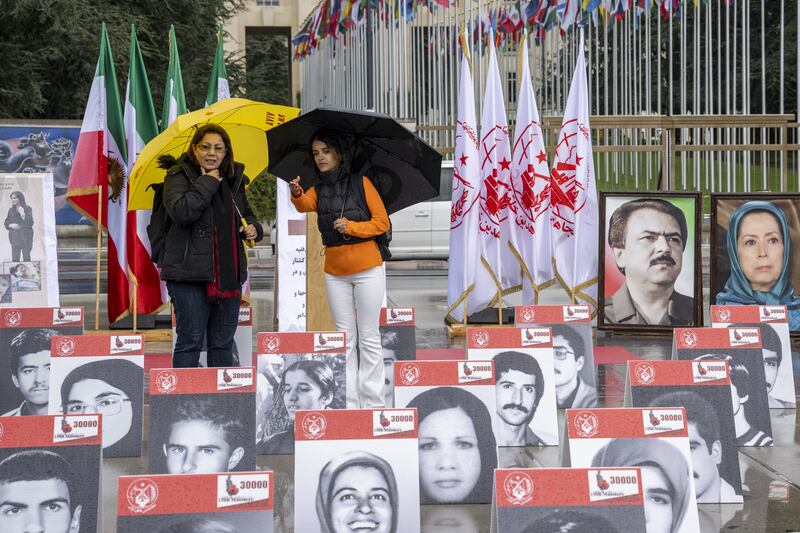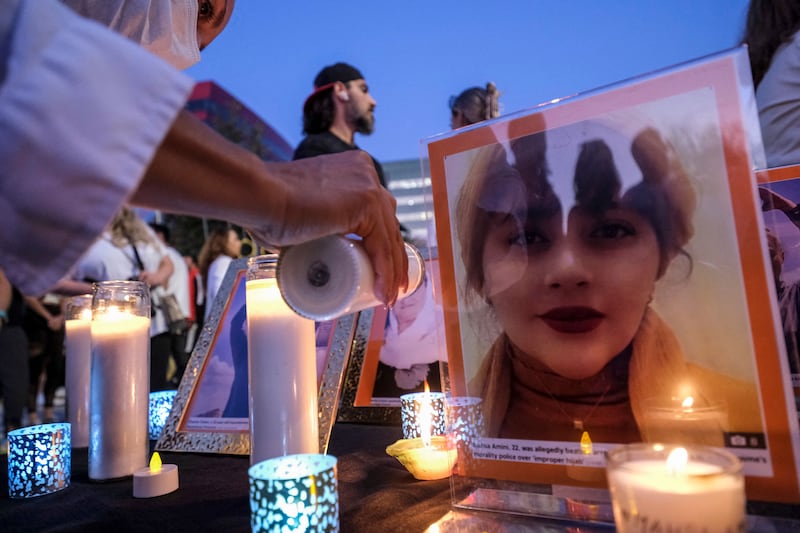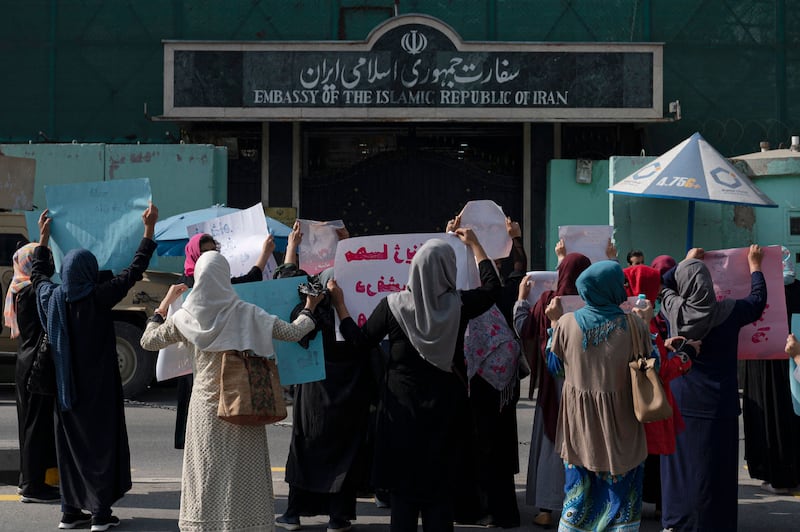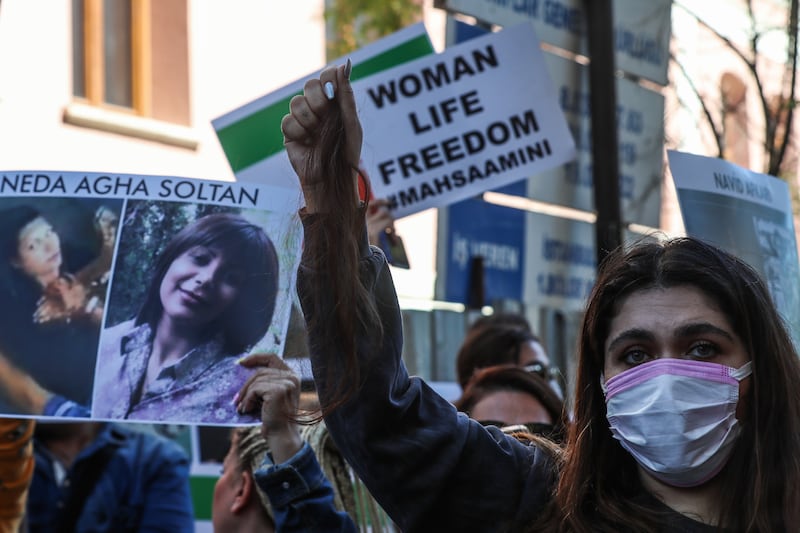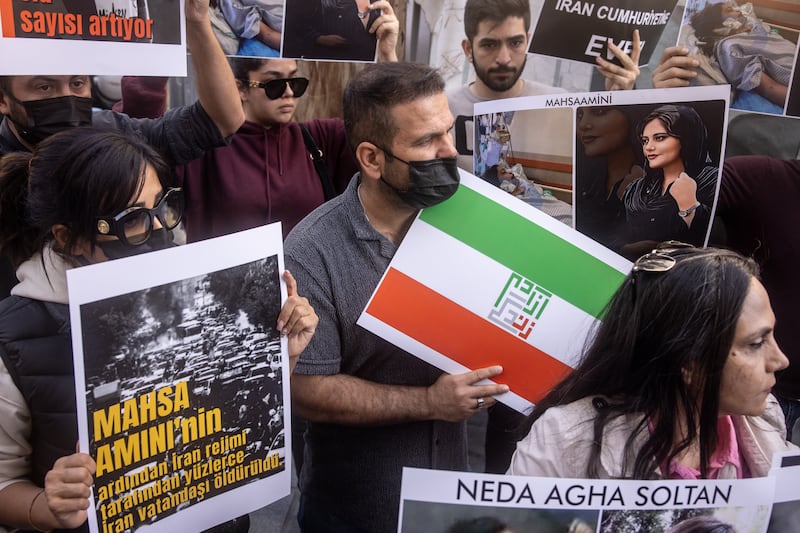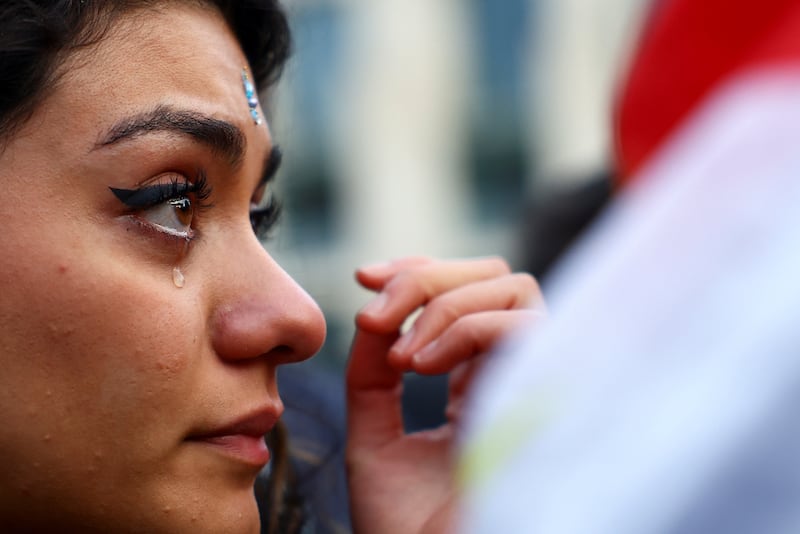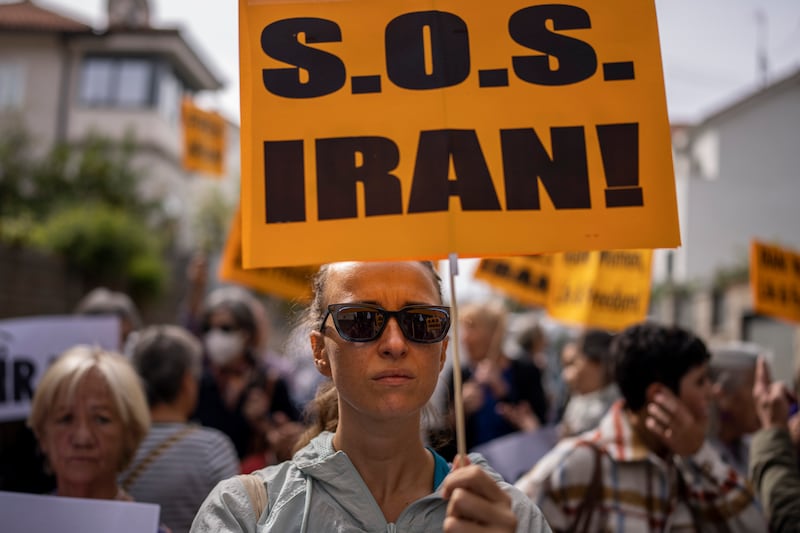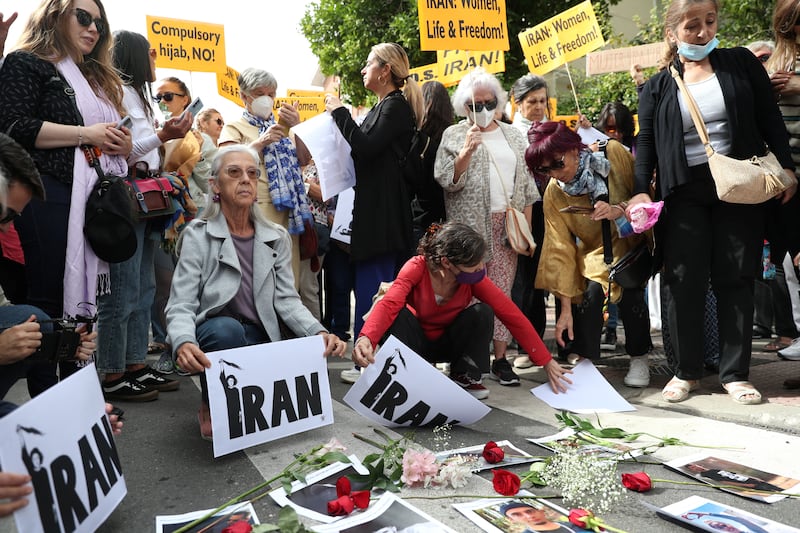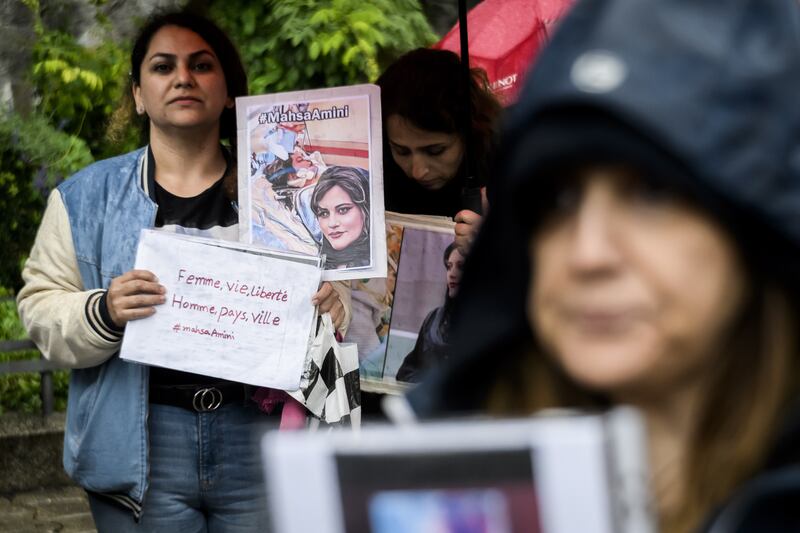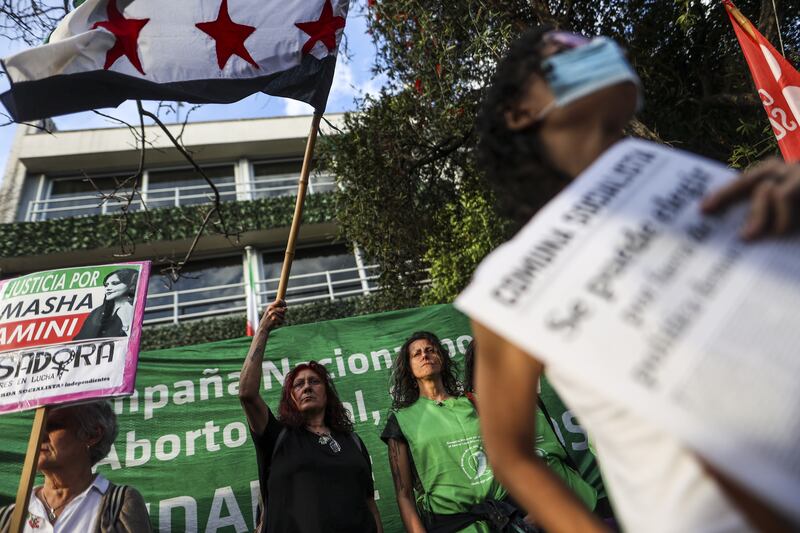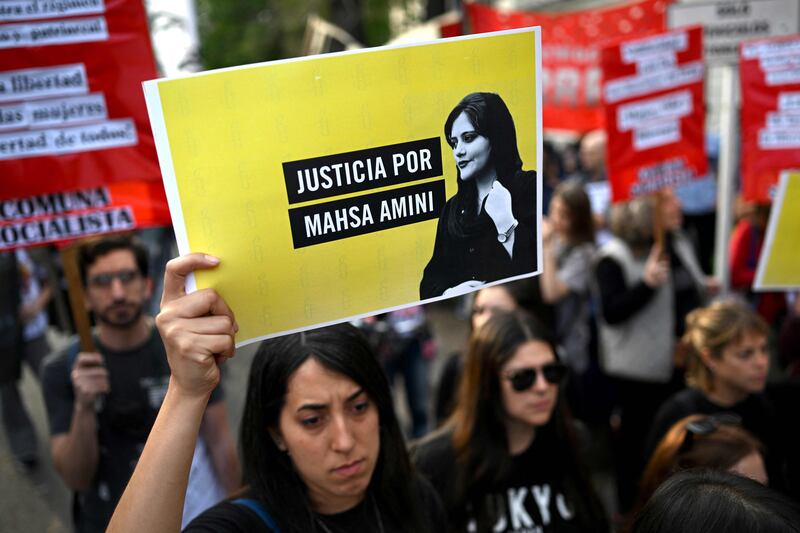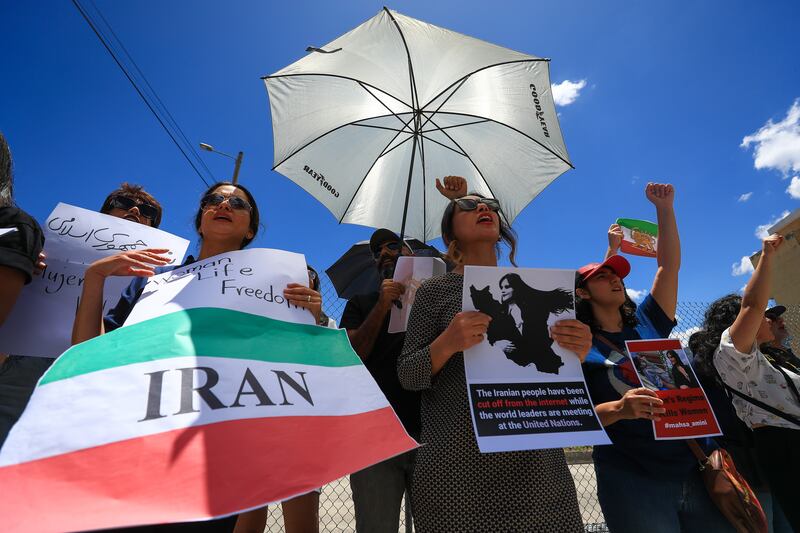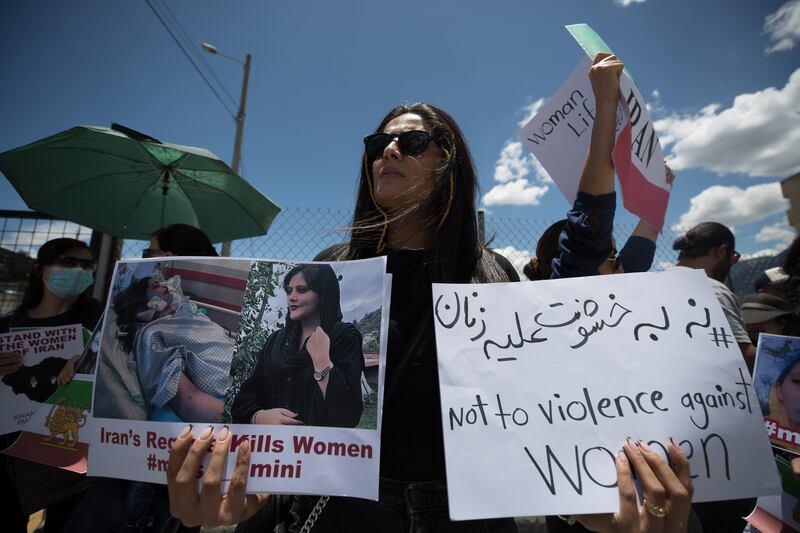Five countries including the UK and Germany are pushing to keep up pressure on Iran’s regime by renewing a UN fact-finding mission that accused it of violently repressing protests.
A draft resolution would express “deep regret” at Iran’s failure to co-operate with human rights inspectors after a woman’s death in police custody triggered mass unrest.
UN investigators were denied access to Iran but, based on interviews and public sources, said the crackdown on protests by the Islamic Revolutionary Guard Corps and others amounted to “serious human rights violations”.
They said the death of 22-year-old Mahsa Amini in September 2022 was “unlawful and caused by physical violence”. Iran says the investigation is biased and politically motivated.
The mission expires on April 5 but the new resolution would call for it to be extended for another year to gather more evidence that could lead to legal action.
This would provide time for the evidence to be “fully and effectively documented, verified, consolidated and preserved”, says the text sponsored by the UK, Germany, Iceland, Moldova and North Macedonia.
It would call upon Iran to “co-operate fully” with inspectors, “permit them unhindered access to the country, and provide all information necessary to allow the fulfilment of their mandates”.
Mahsa Amini protests in Iran and around the world - in pictures
A vote on the resolution is expected in the first week of April. The mission was approved by a 25-6 vote in 2022.
“The experts must be able to continue and conclude the work they have started,” German human rights commissioner Luise Amtsberg told the UN council.
Amnesty International is also calling for the mission to have more time to preserve evidence that could be used against Iranian officials.
Many have already been hit with western sanctions, although the UK and EU have so far evaded calls to list the IRGC as terrorists.
From outside Iran, the UN inspectors “have been able to talk to many survivors of the massive violence outside Iran, thus gathering evidence that will withstand judicial scrutiny,” Ms Amtsberg said.
“This will make it possible to instigate criminal proceedings against those responsible for the human rights violations in the future.”
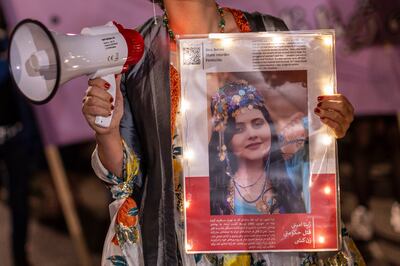
The draft text would also renew the mandate of a special rapporteur who looks at human rights in Iran more broadly.
The mission focused on the Mahsa Amini protests said a credible estimate was that 551 people were killed in the crackdown on unrest.
It said live ammunition was often fired at protesters by forces including the IRGC, even when there was no imminent threat.
The inspectors said Iran bears responsibility for the "unlawful death" of Ms Amini, who was arrested near a Tehran metro station after wearing her hijab "inappropriately", Tehran claimed.
She collapsed in a detention centre and later died. Investigators said there was evidence of physical trauma inflicted by Iran's morality police.
In response, Kazem Gharib Abadi, secretary general of Iran's High Council for Human Rights, accused the fact-finding mission of a "glaring lack of independence and impartiality".


